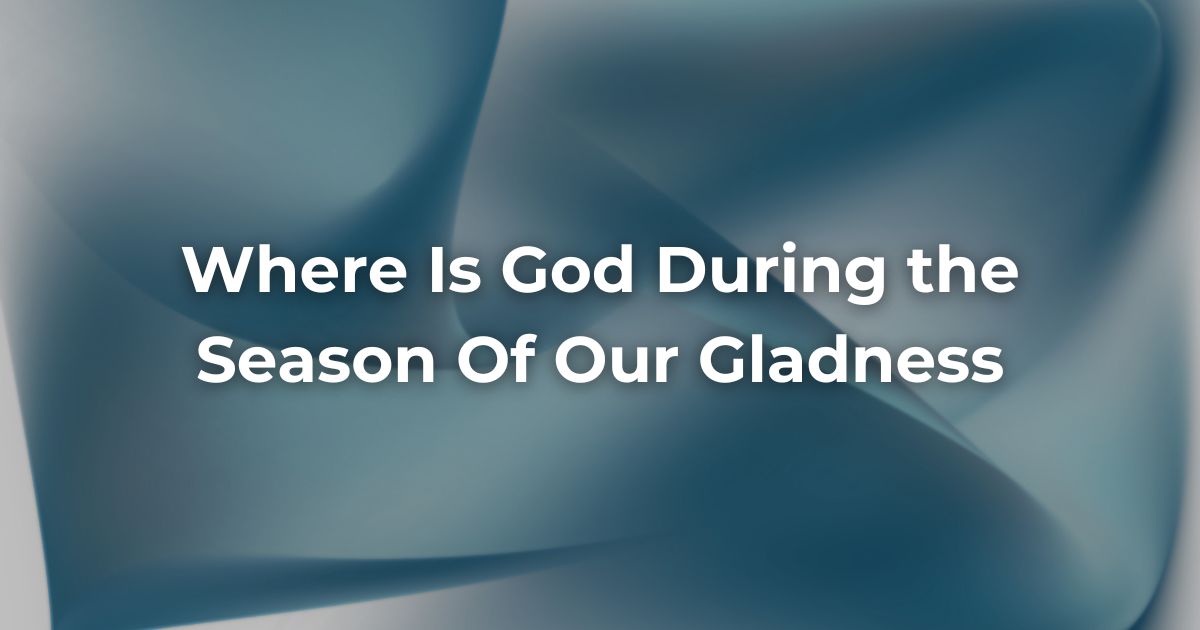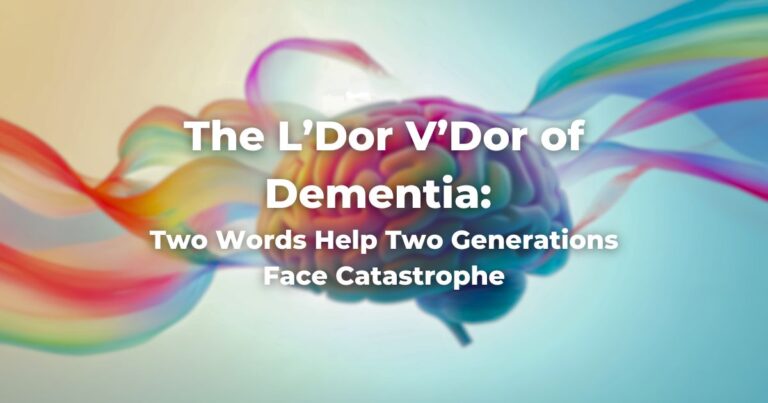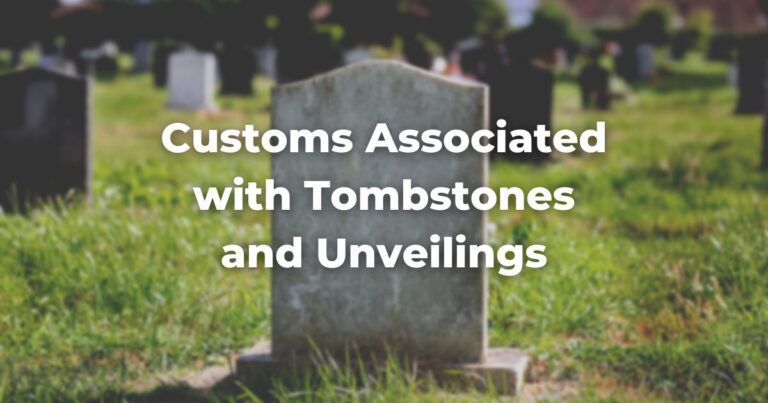We are currently in the period known as zman simhatenu, the season of our gladness: a time for rejoicing with God and dancing with the TorahRefers to the first five books of the Hebrew Bible, the Tanakh, also called the Five Books of Moses, Pentateuch or the Hebrew equivalent, Humash. This is also called the Written Torah. The term may also refer to teachings that expound on Jewish tradition. Read more on Simhat Torah, a celebration of life and living. However, these days, a pall is also cast over our lives at this time: it is also the anniversary of the horrors of October 7th, when the Nova Music Festival in Israel was disrupted with massacre and kidnapping—with many still in captivity even as you read this article.
While Jewish history is not just a story of suffering, there has been much of it—but this suffering also provides us with models for finding hope and joy in a broken world. Personally, the power of Jewish wisdom has provided me with stability in the past few weeks, which have felt eternal, since the passing of my mother, of blessed memory.
Even amongst the darkest of times, our Jewish tradition asserts that there exists a benevolent God, and somehow, all will eventually be rectified. The rabbis of old asserted this by declaring, “There is a Judge and there is judgement.” As the medieval Rabbi Moses Maimonides famously wrote, “I believe with perfect faith in the coming of the Messiah even though he tarries.” A king on horseback might appear old-fashioned, but its core rings true: one day redemption will come even when the day seems darkest.
That conviction has allowed me to hold my grief as something temporary. Jewish mourning rituals model this balance between loss and life. When we mourn a loved one, shiva is interrupted by Shabbat, and is cut short entirely upon the arrival of a holiday. The grief doesn’t vanish, but we are pushed—mercifully—back into the world of the living. In many ways this is painful, but it shows us how not to allow grief to interfere with living our lives. Even in the midst of tragedy, life goes on and hope and joy endures.
Our ancestral heritage provided me this experience of hope during this period of grief in my family. My mother’s funeral took place only days before Rosh HaShana, which meant shiva ended almost before it began. At first that felt cruel. But when the holidays arrived, their structure gave me a path back toward life. Saying Kaddish and reciting Yizkor reminded me that Judaism makes space for grief even as it commands joy.
One of the worst aspects of this period is the surreal feeling that I am stuck in a nightmare that will not end. In the surreal days that followed, the holidays offered me something I didn’t know I needed: normalcy. Going to synagogue, having holiday meals, stepping into routine again—these routine gestures whispered that life continues. The support of the community during shiva and the holidays that truncated it, as well as the joy of the holiday itself, comforted me in my period of mourning. Even though my mother was not with me, life almost felt stable. I was reminded that life goes on, and that there is hope in the world and divine justice even when we cannot see it.
That same hope has sustained our people through the profoundest of tragedies. Even after the Holocaust, faith and rebuilding endured. Not for every victim—but enough so that we are here today.
Where was God at Auschwitz, where was God at Nova, where is God now when we need God the most? Our tradition has provided many approaches to answering this question. Eliezer Berkovitz described hester panim: a God who sometimes hides His face, leaving a gap where evil can flourishe. Melissa Raphael, by contrast, argued that God was and is still here: The face of God can be obscured by the smoke of the crematoria, but it is revealed in the faces of those who support one another. The ShekhinaLiterally translated as “Presence,” while rabbinically, it is a term referring to God’s presence in the world. Its feminine form gave rise to the mystical expression of God’s feminine attributes. Read more, our ancient rabbis asserted, followed us into exile among the nations: God’s presence can be found now among the people, who are made in the image of God. We are partners with God in redemption, creation, and even revelation.
Existential philosophers, too, remind us that even when one is powerless over the external world, it is possible to control the inner response. There is always a choice, always some power that cannot be stripped away. Even the greatest of tragedies and oppression are unable to completely obscure the divine image found within: dignity, purpose, and lovingkindness.
These lessons speak just as loudly today. We can rejoice in the Torah on Simhat Torah not as a distraction, not as a delusion or illusion of joy, but with the knowledge that love and hope do endure. Life goes on, and our celebrations can be tinged with at least a little spice of existentialist defiance, the rebellion against a world sometimes cruel and unjust. I can dance with the Torah even while holding back tears inside, just as I celebrated during Rosh HaShana in place of shiva. As Kohelet said, “There is a time and a place for mourning and there is a time and place for dancing.” There is also a time and place for both, together; we must allow ourselves to feel both sets of feelings, for to deny either one is to deny humanity and God.
In this world, Olam HaZeh, this is, at times, all we can do: remind ourselves that God is with us as long as we are with God, to support each other and work hard, and remember that as Rabbi Tarfon said, “It is not up to us to complete the task, but neither can we cease from it.” One day redemption will come, captives will be freed and life will be sanctified. Despite it all, this I still believe. It is the least my mother would ask of me.
Author
-

I was born in the Conejo Valley of California and graduated from UCLA with a degree in Jewish Studies. I later then received a Master's degree from Spertus. After being lost, I found myself in rabbinic school at Ziegler where I still study at today. In my free time I like to read and take care of my stepfather.
View all posts




